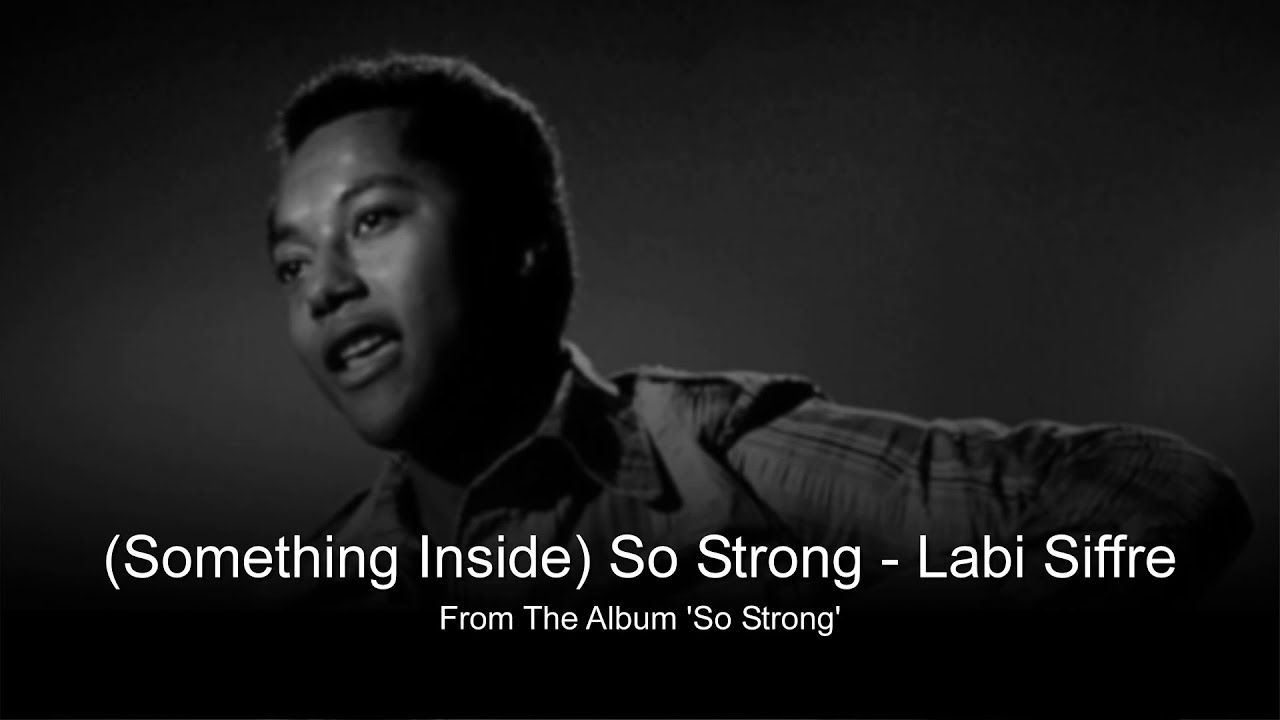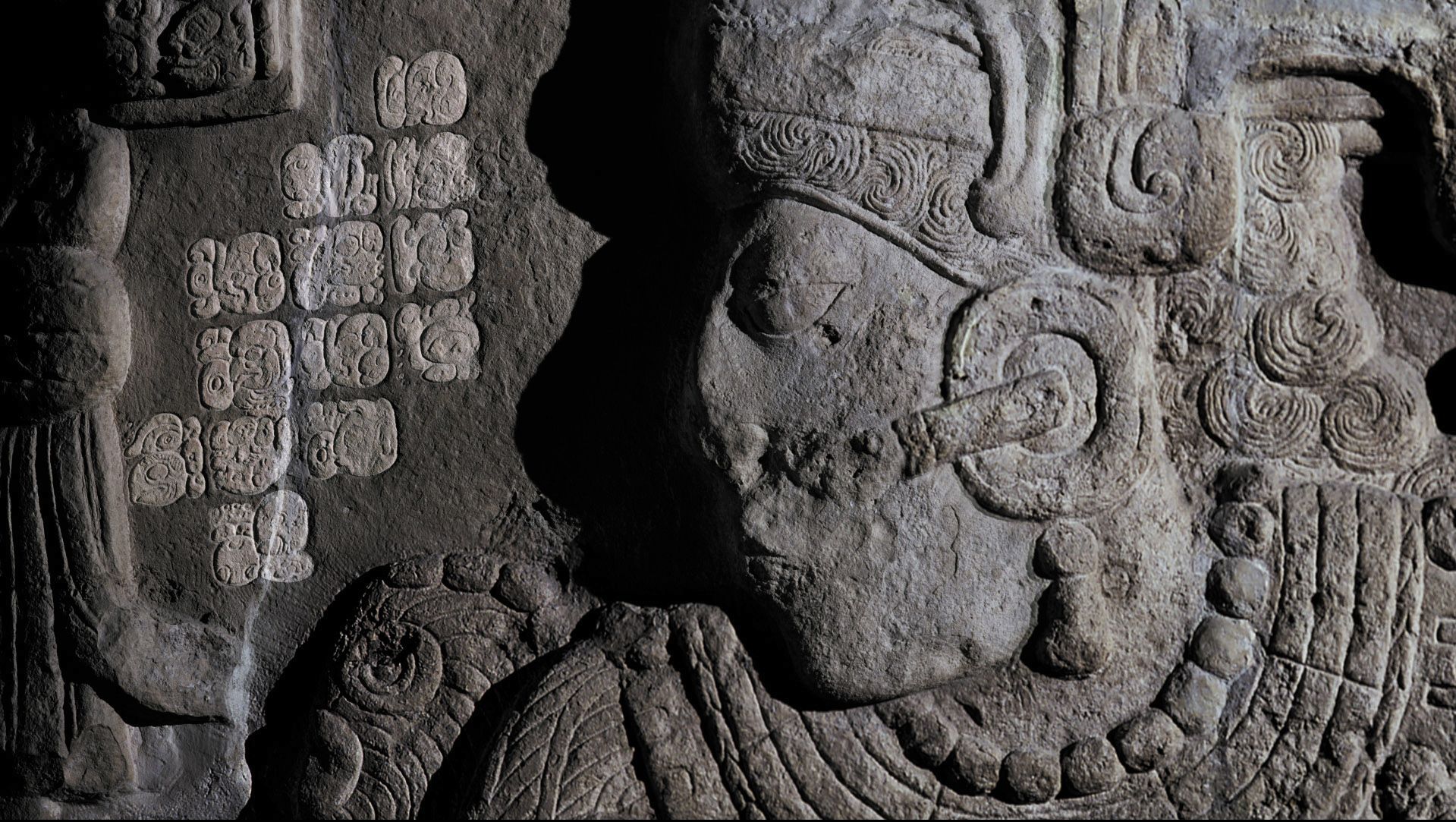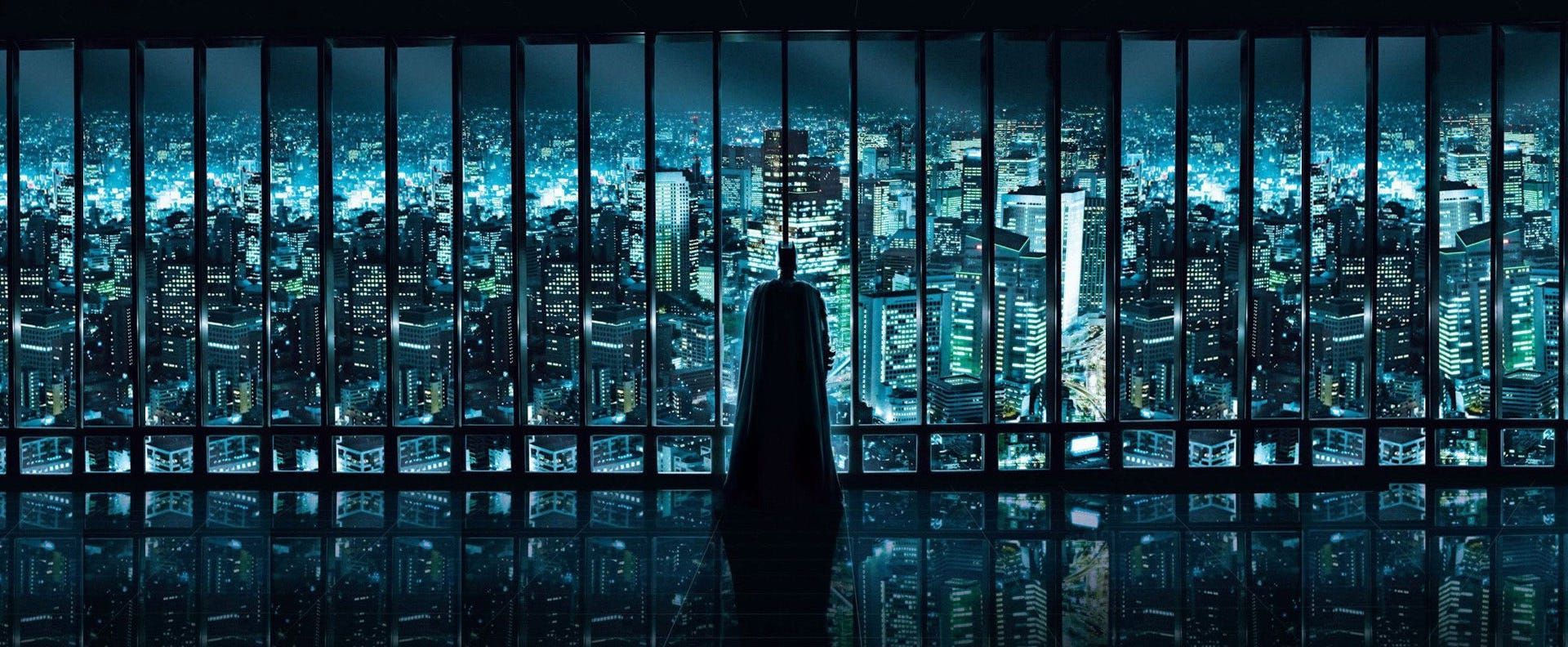ToK Essay Titles May 2023 Prompt 3
How art transcends ‘bubbles’ that exclude us.
Everyone knows (or should know) the origin story of Labbi Siffre’s song ‘Something Inside (So Strong)’. At least, you’re about to know its relevance to this Essay Title about acquiring knowledge through ‘bubbles’.
From one viewpoint, the song in itself – arguably artworks in general – expresses Siffre’s personal knowledge about the South African apartheid regime during the 1980s. Siffre also used the inspiration for the song to make sense of his own life as a gay black man having grown up in a society which at that time marginalised such voices as his.
Hence the opening lines, ‘The higher you build your barriers / The taller I become / The further you take my rights away / The faster I will run’. The ‘barriers’ symbolise the community that excludes voices. They are a mark of the sometimes palpable (apartheid), sometimes more elusive (institutional racism or homophobia) that drives human relationships. Women might label this in terms of a ‘glass ceiling’. Religious people might call it, as in the song, the ‘walls of Jericho’. Behind these walls lies the so called ‘promised land’ where the excluded people (the Jews in the biblical story) can live in harmony and peace with everyone else. Their voices can be finally heard. Their stories can become known.
From another point of view, the song takes on a shared concern. This is part of what made it into an anthem for other minority groups who felt misheard or invisible. Notice how in the early part of the song, the ‘I’ represents an individual voice, expressing a resilience; a determination that it won’t stay excluded; a desire to come face to face with the excluders. By the end, it has become the voice of a group – a community – ‘Brothers and sisters’ – which asserts its self-worth, yearning for justice and equality. The chorus in the song is an expression of the need for inclusion, presumably because only including the stories and voices of the minority can bring wholeness, a true history of a society and a robust self-knowledge or identity of a people. Presumably the appeal to ‘Brothers and sisters’ isn’t only to those people who have been excluded. It is also to some of those behind the barriers – within the bubble – who are tuned in to the destructiveness that exclusion can create.
So what is this ‘Something Inside’ that’s ‘so strong’? We can only speculate: the human spirit; the connection of love and all the other virtues associated with this; open-mindedness and tolerance… All of the things within us that help us prevail over the injustices and harm that comes from excluding others in our quest for knowledge.
The singer himself offers a clue in a rare interview: This is my song..
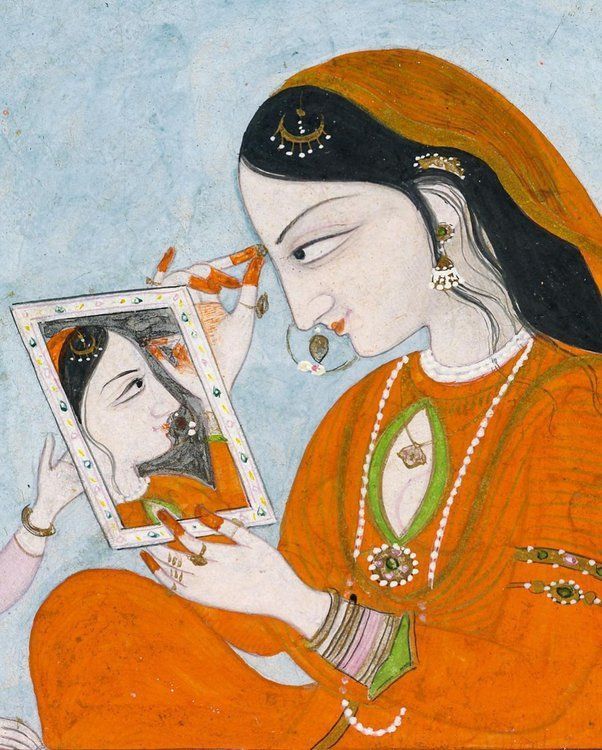


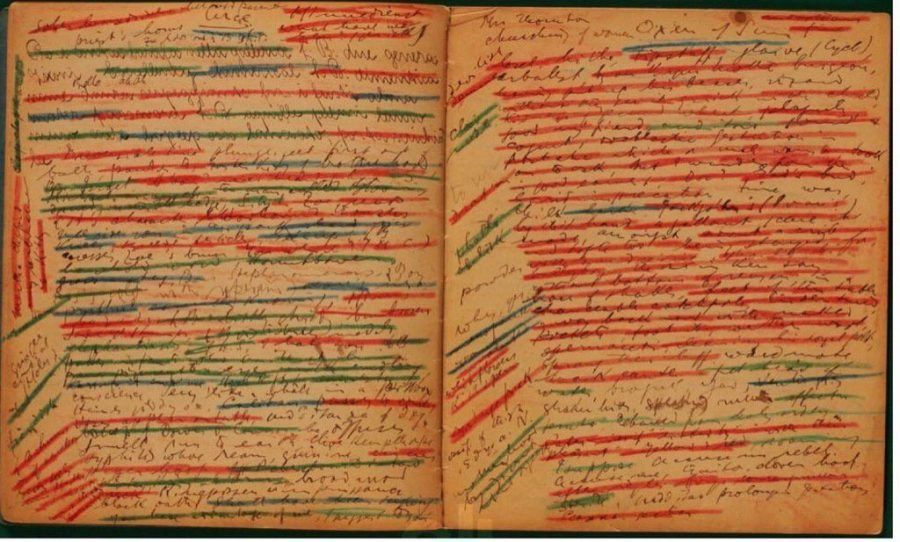
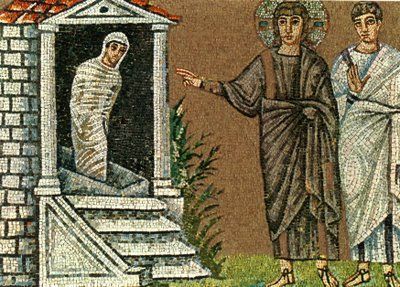
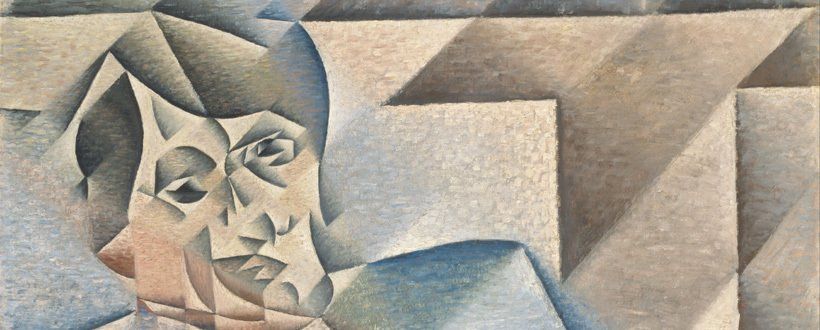

Contact: info@toktutor.net
Last Updated: 17 Mar 2024
All Rights Reserved | ToKTutor.net 2010-24






